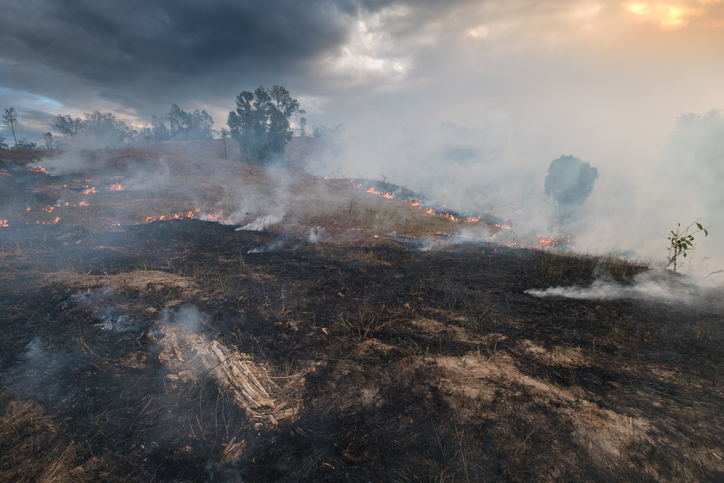The number of deaths attributed to excessive natural heat in Australia is at least 50 times more than those recorded on death certificates, according to experts from the Australian National University (ANU).
The experts argue that heat-related deaths have been substantially under-reported and death certification needs to be modernised to reflect the impact of large-scale environmental events on human life.
Published in The Lancet Planetary Health, figures show over the past 11 years, 340 deaths in Australia were recorded as being due to excessive heat, but statistical analysis found 36,765 deaths could have been attributed to heat.
The new analysis suggests Australia’s national heat-related mortality rate is around 2%.
Co-author, Dr Arnagretta Hunter, from the ANU Medical School, said heat is a common problem in the north of Australia and there is a strong relationship between heat and mortality.
“In some cases, particularly in the north, a heart attack might have been triggered by heat and not enough cooling,” Dr Hunter said.
“Climate change is a killer, but we don’t acknowledge it on death certificates.
“We know the summer bushfires were a consequence of extraordinary heat and drought and people who died during the bushfires were not just those fighting fires – many Australians had early deaths due to smoke exposure.”
Research estimates about 450 people died prematurely in Australia from 2019-20 bushfire smoke.
According to Dr Hunter, health data often includes the biology of medicine and social determinants, but environmental determinants, such as the impact of drought, heat or bushfire smoke, are lacking.
“There is second component on a death certificate which allows for pre-existing conditions and other factors,” Dr Hunter said. “If you have an asthma attack and die during heavy smoke exposure from bushfires, the death certificate should include that information.
“We can make a diagnosis of disease like coronavirus, but we are less literate in environmental determinants like hot weather or bushfire smoke.”
Dr Hunter said it would be simple for medical practitioners to record the information, but it is about educating them to do so.
The data could be used to help develop better health systems, as well as improve other areas, such as construction by encouraging buildings more suited to Australia’s climate.



